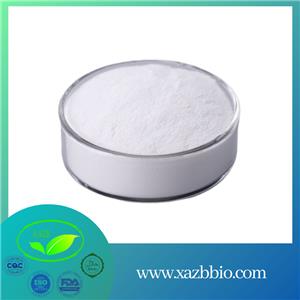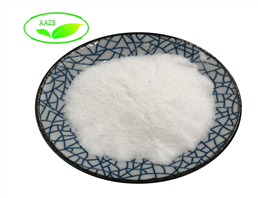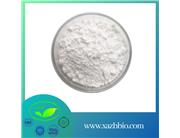
Pregnenolone is a naturally occurring hormone and steroid synthesized from cholesterol that can be converted to progesterone, dehydroepiandrosterone and other hormones.
It can increase libido in both men and women, which is especially important for menopausal women and middle-aged men with sexual dysfunction.
This is thought to be linked to the fact that Pregnenolone stimulates increased testosterone production, and is one reason for its ability to improve memory and brain function.
In addition, studies have shown that Pregnenolone , which is found in higher concentrations in the nervous system than in the blood, has the potential to improve sleep quality and memory.
Its anti-aging properties have also been demonstrated in studies.


1. Anti-aging
2. Increased libido
3. Improve brain function and memory
Literature Research Report
Neurosteroids and potential therapeutics: Focus on Pregnenolone as an important endogenous regulator. [J Steroid Biochem Mol Biol,2016]Neurosteroids and potential therapeutics: Focus on Pregnenolone as an important endogenous regulator.
It is considered a precursor to steroids and may have beneficial effects compared to other steroid hormones.
Preg has been shown to have neuroprotective effects on anxiety, cognition and memory.
Anxiety and depression related functions
The results of the clinical study showed that PREG showed antidepressant-like effects, and the efficacy of PREG was evaluated in clinical studies. After 4 weeks of treatment, the volunteers showed no improvement in mood, but the scores showed a reduction in subjective depression.
In addition, preclinical and clinical trials have confirmed that PREG may be one of the most promising nutrients for the treatment of bipolar depression.
In a recent clinical report, PREG has been shown to improve in patients with depression after 12 weeks of treatment.
Improved memory and cognitive-related functions
Preg can significantly improve synaptic plasticity in the brain associated with memory function and significantly increase cholinergic activity, thus contributing to improved learning and memory.
Neuroprotective functions
Preg has been shown to protect against the neurotoxicity of glutamate and amyloid beta.
The role of steroid hormones in regulating myelin synthesis and repair in the central and peripheral nervous systems has been well established, and PREG is an important regulatory step in myelin formation.
In addition, RREG inhibits and reduces histopathological changes in vivo after spinal cord injury, avoiding secondary pathological changes in nerve tissue, and thus improving recovery of motor function.
Chronic pain
It has been documented that steroid hormones play a key role in regulating neurobiology and are involved in the control of pain processes.
Preg controls the body's integration of information, including harmful signals, and adjusts the final signals it sends to the brain.
Pregnenolone has been shown to promote recovery after spinal cord injury and to regulate spinal cord function.






 China
China




